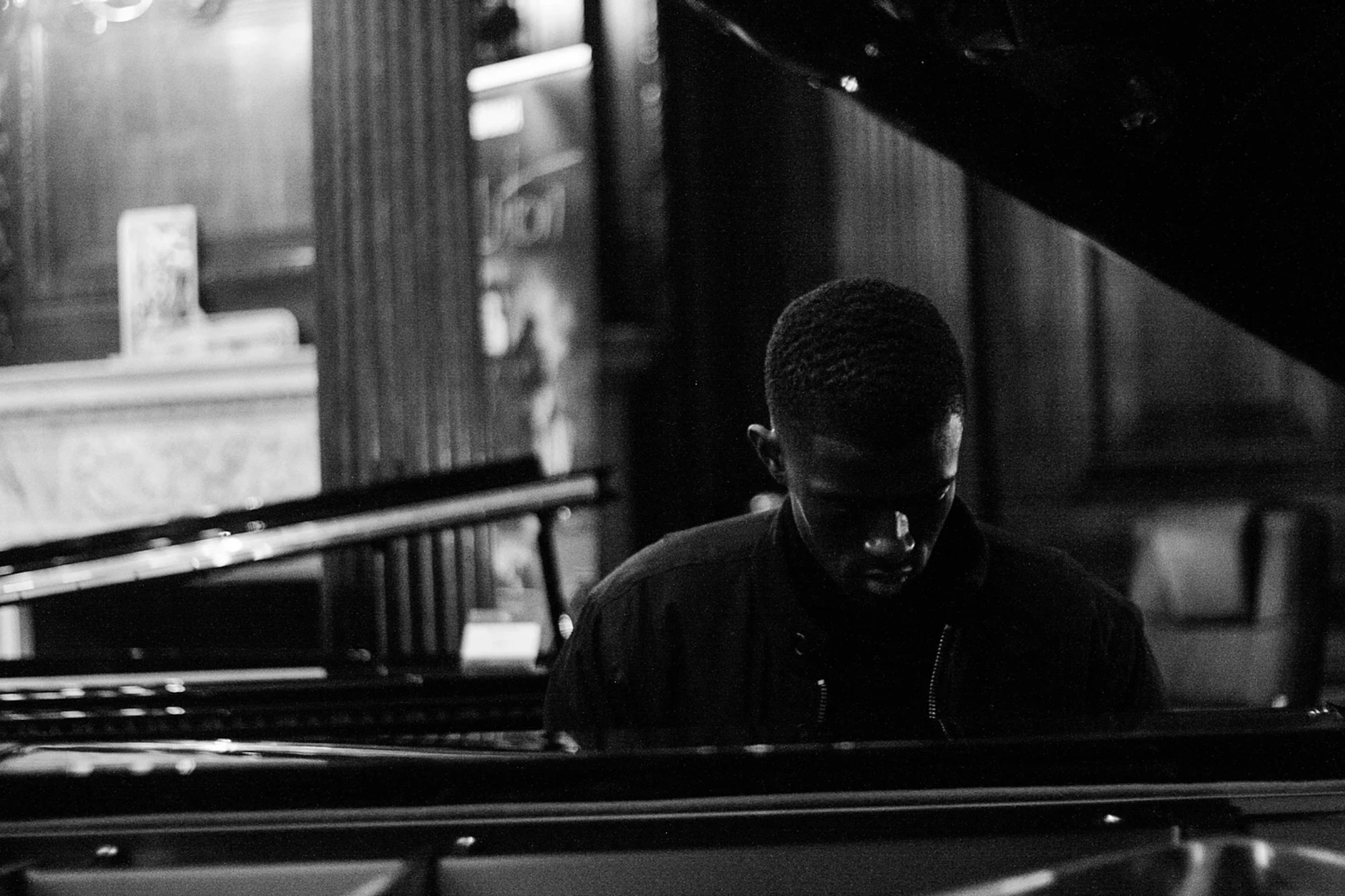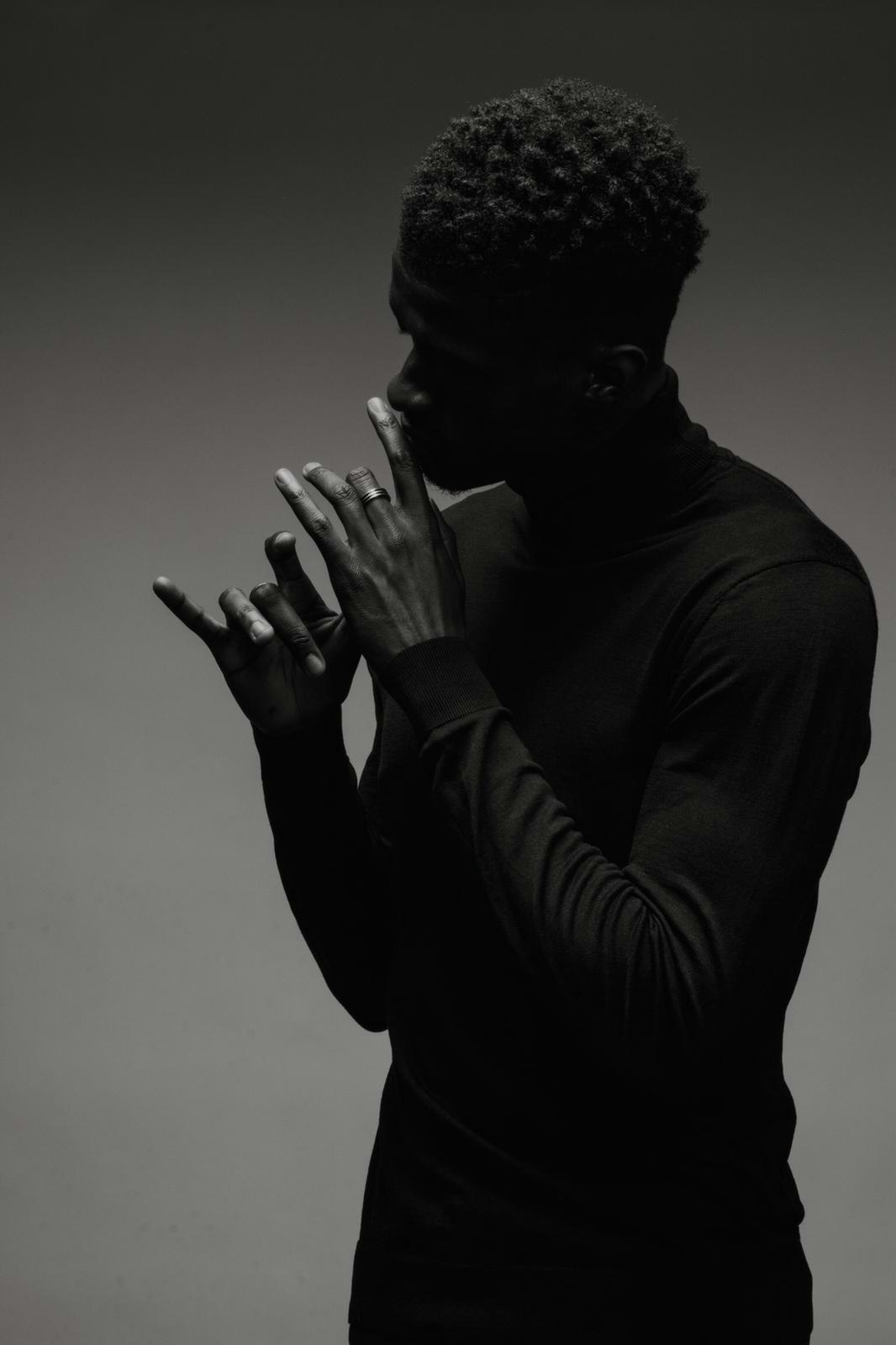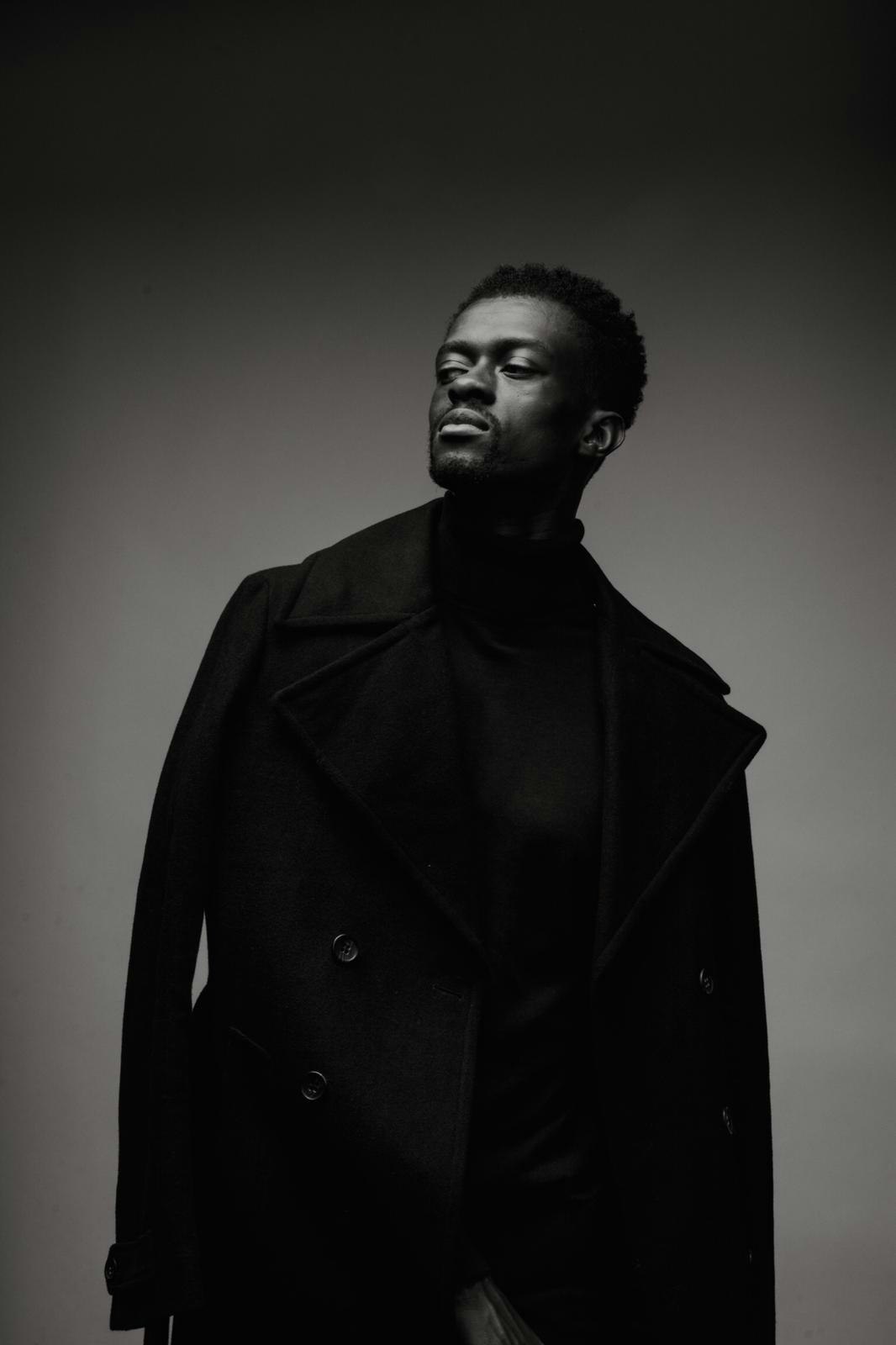Words by Patrick Swift
How do you approach scoring a documentary that details a horrific event, and especially one that was close to home? This was the challenge that faced music producer and composer Robert Kiruta-Kigozi when he was asked to score the Channel 4 documentary, Damilola: The Boy Next Door.
The murder of Nigerian schoolboy Damilola Taylor in London on 27 November 2000 by two brothers, who were 12 and 13 at the time, made headlines and shocked the nation. Tragically, Damilola was just 10 years old when his life was taken. ‘Damilola: The Boy Next Door’ follows DJ, presenter, and writer Yinka Bokinni, who was a friend of Taylor’s, on the 20th anniversary of his death, delving into the impact of his killing and the effect it had on their childhood community.
Robert Kiruta-Kigozi, who also produces under the artist name R-kay, was brought on board to compose original music for the documentary. Having someone, like Robert, working on a project who has lived that truth is of great importance, so the story is told properly. In scoring the documentary, Robert has lived and breathed the world he’s musically communicating with. Something that makes ‘Damilola: The Boy Next Door’ even more heartfelt and meaningful is that there are so many overlapping, interlinking parts that need to be considered.
Despite the subject matter, the main theme song that he has written for it has a delicate, multilayered feeling of hope, warmth, and optimism. “The main theme sounds quite bright, and I like it. What the media didn’t capture in their reporting of the story is that actually, Damilola was a very happy child,” Robert reminds us, “he had friends. He wasn’t this child wandering the North Peckham Estate. He had a decent time while he was still alive.” This insight was key for informing Robert’s approach to the project.

In the four months, he lived in the UK, Damilola was based in the South London borough of Peckham. Robert was raised just a few miles away in Brixton. The composer’s own upbringing no doubt informs how he can bring a different approach to Damilola’s representation on screen, and demonstrates why it’s vital that those with similar lived experiences, or with more empathetic viewpoints, should be involved with projects like this so that stereotypes aren’t perpetuated.
Damilola: The Boy Next Door is directed by self-shooting filmmaker Ashley Francis-Roy, whose previous work includes The Real Eastenders, another Channel 4 documentary that sensitively captures working-class London life: “The Real Eastenders and the Damilola film are more similar than they seem initially,” the director says. “They’re both love letters to areas and communities that have been demonised or misunderstood. I think they offer a different perspective on familiar stories and say that growing up in a council state isn’t all bad. It’s a simple thing to say but quite powerful and affirming.”
On the Damilola Taylor film and its score, Ashley says: “The most important thing I was looking for was warmth. Damilola’s murder is incredibly sad and painful, and there is inevitably a lot of moodiness and darkness in a film like this. It’s also about more than his murder. It’s about his life, the community, the people he touched, and so the score had to be full of warmth, love, romance, and nostalgia.”
Growing up in Brixton of Ugandan heritage, Robert’s area was similar to Damilola Taylor’s in Peckham. Robert’s mum wanted to make sure he didn’t end up with the ‘wrong crowd’, which led to her signing him up for music classes. “Bless my mum, she was very keen on making sure I was focused on something as I was growing up. In my area, it was easy for kids to, early on, be groomed into a direction of crime. My mum was quick to see that, and not naive to the fact that being in the UK doesn’t guarantee everything’s going to be okay.”
Robert’s first instrument was the cello, which he only inadvertently started learning because he was ill the day everyone got to choose instruments, and the cello was the only thing left when he eventually made it to school. “I started to pick up the cello and that was the start of my musical journey, I picked it up pretty quickly.” Periods at Lambeth Junior Music School in Clapham and the Centre for Young Musicians in Lambeth North (now part of Guildhall School of Music & Drama) progressed his education in European classical music. Meanwhile, he was listening to Black music at home. “Having that traditional education and infusing that with the stuff that is from the soul within me has, over the years, put me in a unique position in terms of being able to switch from both.”
These days, the piano is Robert’s main instrument, but he’s still progressing with it. “I’ve never been formally trained on piano, I remember having two or three classes in secondary school with some random dude during my lunchtimes. That didn’t go far, but most of it has been me listening to songs I like to play and trying to learn and pick it up.”
“Now I’m really trying to be a student of music and kind of humbling myself, somewhat,” he continues. “To learn, and start from scratch and take things slowly and really learn the basics and the science of music. That’s what I’m doing at the moment. I’m starting piano lessons, hopefully, I’m going to be working with a very talented, well-known pianist. I’m not going to mention his name, because I don’t want to jinx it but he’s great.”


Robert was initially contacted about the Damilola Taylor documentary by the show’s assistant producer, Nelson Adeosun. “I recommended Robert as the composer, I have known him for a long time and always loved his productions and compositions. His light but soulful touch appeals to me, and I have used it in my own projects prior to Damilola: The Boy Next Door. Robert also grew up in similar circumstances to myself and thus readily identified with not only Damilola’s death but the environment in which he grew up. This made him the perfect choice for the documentary and he delivered for all to see”, says Nelson.
Director Ashley Francis-Roy was drawn to the warmth and soul of Robert’s music, just one of many reasons why he was the ideal choice to score the documentary. “Robert has worked a lot with musician and artist Tinyman who features in the film as a contributor. It was through Tinyman that I encountered Rob’s music. I listened to everything I could find of his before reaching out to him and telling him about the project.”
“Rob’s own music had a really strong identity that I wanted to come through in the score, so we referenced a lot of music he’d made before. We looked at Jóhann Jóhannsson and also at Tom Foskett-Barnes’s great score for Black Sheep as a reference for the more sparse, ambient parts of the score. It was great fun working with Rob and seeing him respond to the material. Like me, Rob can relate to the contributors in the film and their stories, and that was a really important part of the dynamic. He just understood so much of what we were trying to do in telling such a sensitive story from a different perspective.”
When putting the score together, Robert was inspired by heavy hitters such as Hans Zimmer, Cliff Martinez, and Nicholas Britell, who were all in the mix when he was formulating ideas. “Cliff Martinez scored a film called Solaris, starring George Clooney. There’s a lot of ambient sounds that allowed me to understand how best to create that canvas. I also listened to the opening theme of The Crown by Hans Zimmer, which was for the string section and references in terms of how to EQ it and give it that expansiveness. I also looked into Nicholas Britell, I really love the stuff he did for The King starring Timothée Chalamet.”
I’m a bit of a minimalist, now that I’m thinking about it. I don’t need 25 keyboards. I just need my laptop and my weighted MIDI keyboard.
The UK’s COVID-19 related lockdown in 2020 was a blessing in disguise for Robert. Being furloughed allowed him to focus entirely on composing the score. “It was divine timing, it was wild. The composition side of stuff I did all in my room, didn’t step out once. I actually did it through furlough. I was off for like a month and I did the whole thing. After that, it was straight back into work which was manic. There were edits here and there which I had the capacity to do, but it was perfect timing.”
For his studio setup, Robert prefers to keep it simple and was working with a humble setup when scoring the Channel 4 documentary, using Propellerheads’ Reason software and the DAW Logic. “I’m a bit of a minimalist, now that I’m thinking about it. I don’t need 25 keyboards. I just need my laptop and my weighted MIDI keyboard, so I can really feel the music. A good laptop that’s quick and some nice plugins. That’s kind of me, I’m very simple in my process.”
In December 2020, Robert released his debut album IVORY under his R-kay moniker. While there’s a big stylistic difference between that and the score for Damilola: The Boy Next Door, there were some commonalities in the studio process. “I typically start everything with a piano sound. I sit there and groove and work out the parts from there. Bass parts, core parts, different lines, chord progressions. Even sometimes more percussive parts, I use the piano as my canvas and build on that. The song might not end up having piano in it, but it has come from that process, sitting with the piano and jamming for hours sometimes. Then I’ll record bits on my phone and come back to it. The piano is a huge part of my process, that’s why my debut album is called IVORY. To push that to the forefront and then sprinkle it with my jazz and soul style.”
With this impressive Channel 4 scoring credit now on his resume, Robert is ready to do even more - and has faith in himself to do so. “When I saw my name on the credits, it was a sign to say this is what I really want to do, this is what I want to focus and concentrate on doing in
terms of music. I didn’t necessarily have the tools that other people had, but it was a challenge to myself to prove that I can do this, and I like to think that I did. So it’s cool, I know I can do this, and whatever’s next, I know I can do it.”
